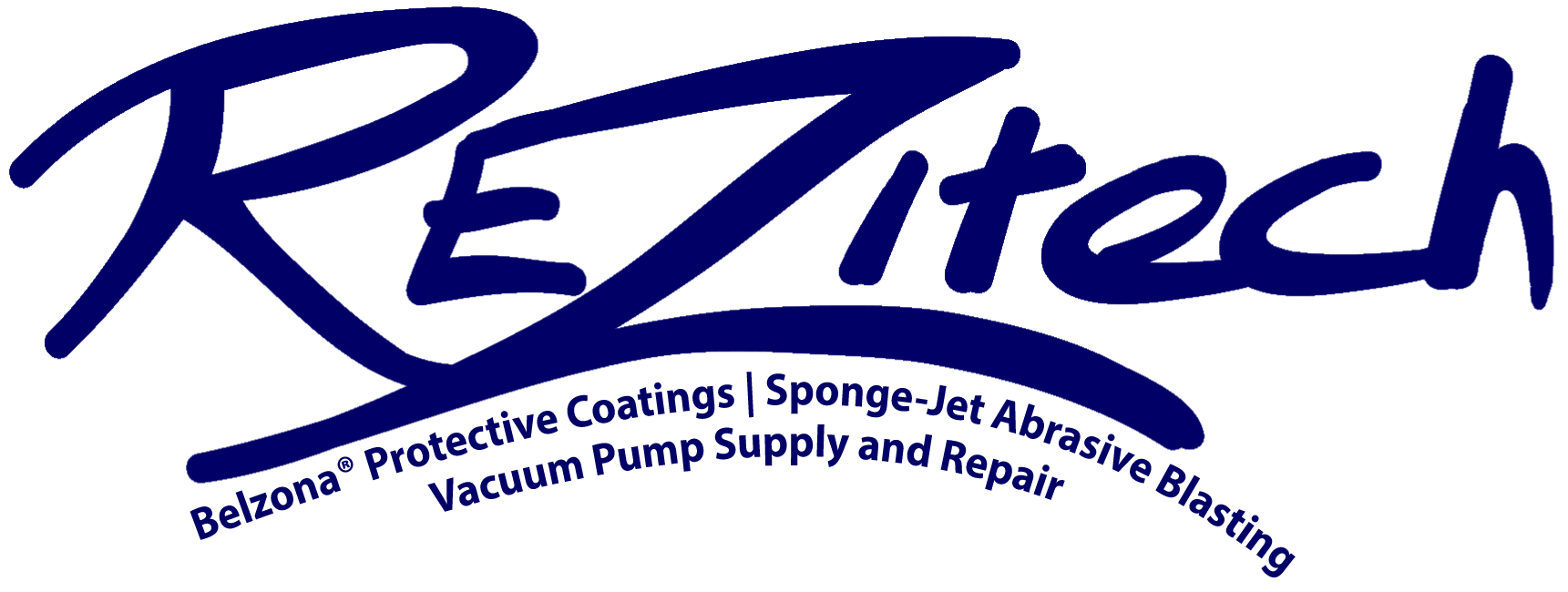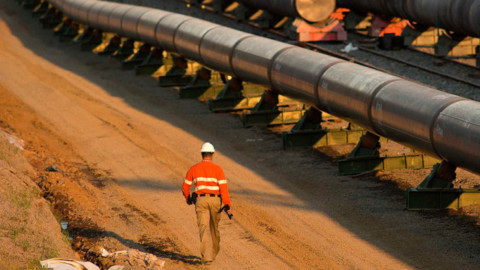The pump industry relies on expertise from a large and varied range of specialists, from experts in particular pump types to those with an intimate understanding of pump reliability; and from researchers who delve into the particulars of pump curves to experts in pump efficiency. To draw upon the wealth of expert knowledge the Australian pump industry has to offer, Pump Industry has established a panel of experts to answer all your pumping questions.
This edition of Ask an expert will look at why progressive cavity pumps are useful tools for the oil and gas industry.
Q: Do progressive cavity (PC) pumps really support the wide range of applications from upstream to downstream production?
A: Drilling waste management, produced water treatment, fraccing, LACT, multiphase boosting and crude oil transfer, MEG reclamation, sump/caisson emptying, FPSO and refinery wastewater: all these applications and more are easily handled with PC pumps.
PC pumps have many characteristics that make them suitable for oil and gas: flexible installation, pumping of non-flowable products and media with suspended solids, low NPSH, no gas locking, reduced space requirements, accurate linear flow and minimal shear.
In addition, their variable flow rate ensures optimum feeding of separation and processing equipment without the need for flow meters, which are prone to clogging.
Flow rates can also be regulated via simple speed control which eliminates the need for control valves and spill back lines as used with other pump types.
PC systems are delivered to be tolerant to changing flow requirements and prolonged gas slugging.
Manufacturers offer a wide range of pumps for this industry, from dosing and open hopper pumps to fully-submersible pumps or package solutions that allow for automatic control.
Q: Even a unique product has to fit within global standards and the customers’ engineering specifications. How do progressive cavity pumps hold up against the American
Petroleum Institute (API) standards along with other specifications?
A: Progressive cavity pumps can generally conform to the following standards:
• API 676 rotary positive displacement pumps
• API 682 mechanical seals
• NORSOK M-650
• NACE MR-01- 75
• ATEX Directive 94 / 9 / EC
The fully API 682 compliant mechanical seals can also be upgraded with optimised seal plans. ASTM materials, full traceability, compliance with NACE MR0175 and a design for gas hazardous areas are additional supported features.
Additionally, PC pumps for dosing of corrosion inhibitors and general chemicals can achieve an accurate and repeatable flow rate that complies with API 675.
Applying PC pump technology is crucial for reliable in-service performance and cost savings for you, the customer. Contact an expert today, to receive a customised and intelligent design which will meet your stringent requirements.
About the author
 Peter Vila, Managing Director of SEEPEX Australia, is a progressive cavity pump expert. He has been involved with pumps for over 40 years. Peter spent the first five years repairing pumps and the following 35 years in technical sales, 20 of which have been with SEEPEX progressive cavity pumps.
Peter Vila, Managing Director of SEEPEX Australia, is a progressive cavity pump expert. He has been involved with pumps for over 40 years. Peter spent the first five years repairing pumps and the following 35 years in technical sales, 20 of which have been with SEEPEX progressive cavity pumps.
For more information on progressive cavity pumps, please contact SEEPEX Australia on (02) 4355 4500 or at [email protected].



















